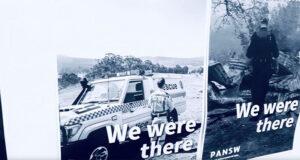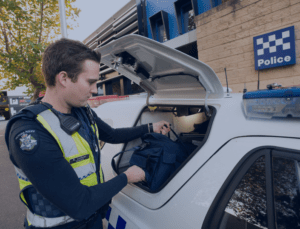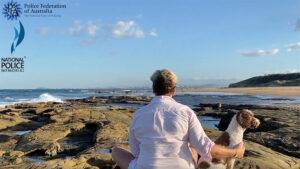Overview
Police officers work in an environment that is often stressful and physically demanding which means our body’s natural response is to produce hormones such as adrenaline and cortisol. When this natural response becomes unregulated due to long term exposure to stress it can and sometimes does lead to anxiety.
Likewise, family members of police officers may also feel stressed when living with a loved one who is working long hours, rotating shifts and who may be experiencing trauma in the workplace. The added pressures of a partner being away from home in possibly dangerous working environments can impact on family via regularly feeling worried and covering extra home commitments which add further stress on partners and sometimes children.
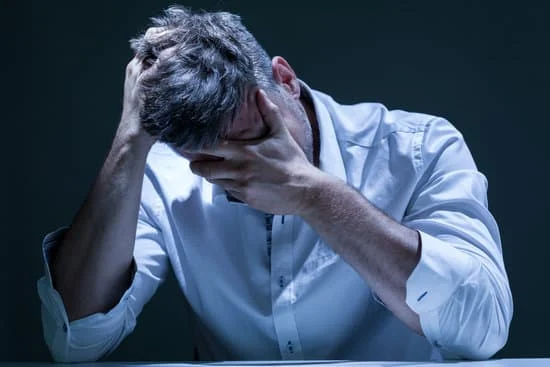
Feelings of stress will accordingly come and go and may dissipate when the body moves into the rest and restore mode where the parasympathetic nervous system kicks in. Simply stopping, taking a few long slow breaths, meditating or talking about the stressful situation or thoughts to a trusted colleague, friend or family member may resolve the physical feelings of anxiety however the impact of everyday work life combined with family issues and life pressures may result in the need to seek professional help.
There are several avenues to seeking support, attending your GP at the first instance and discussing the issues around work life balance will assist your doctor to assess what type of support may be required. A referral via a mental health plan is an option to commence a series of counselling sessions preferably with a suitably trauma informed clinician who understands police culture.
Otherwise, contacting your state jurisdiction Employee Assistance Program can also assist with counselling or making an appointment to speak with your state chaplaincy service can be helpful.
To identify when anxiety may be an issue and it might be appropriate to seek further assistance the following list of symptoms and signs can be helpful to look out for:
- Difficulty concentrating
- Unnecessary worries or concerns that continue to pop into your mind
- Difficulty falling to sleep or staying asleep
- A general feeling of being unable to relax
- Keeping yourself busy all the time
- Avoiding places or people
- Feeling irritable, annoyed or restless
- Avoiding family and friends
- Feeling shaky or experiencing sweaty palms
- Frequent headaches, migraines or muscle aches
- Feeling your heart racing
- Shortness of breath
- Panic attacks
- Feelings of impending doom
Step-By-Step
When should I consider seeing my GP?

Anxiety starts to impact your daily work and home life
Feelings of panic become noticeable to the point where you can't relax or you feel you need to run away
You notice your heart pounding, shortness of breath and a general feeling of impending doom
What is the next steps when seeing my GP?

Making an appointment with your GP and explaining your symptoms will assist your Doctor to understand your feelings and what may be the underlying cause
Your GP will generally ask you to fill out a number of questionnaires to assist with assessing your condition
You may then be referred to an appropriate health clinician for further diagnosis, medication or counselling
In the meantime, it may help to reduce Caffeine, Alcohol and Non Prescription Medication
Content for anxiety or depression
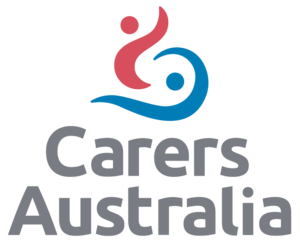 17 Nov 2021
17 Nov 2021
Carers Australia
Carers Australia is the National Peak body advocating, supporting and providing services and resources for people filling roles as unpaid carers including programs across Australia. These programs and services are applicable to carers looking after the needs of loved ones with both physical and mental disabilities.
 03 Apr 2022
03 Apr 2022
Children of Parents With a Mental Illness (COPMI)
Resources and services for parents and the children of parents with a mental illness. Tips and resources on how to parent with a mental illness and understanding your health needs with links to online forums, services and supports and a community services directory.
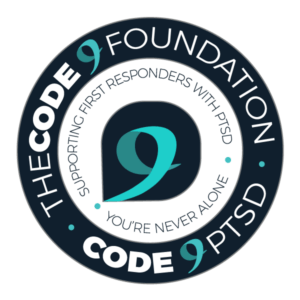 26 Jun 2024
26 Jun 2024
Code 9 Foundation
Code 9 is a peer-to-peer support group run by volunteers assisting serving and former police and their families who are living with mental health challenges.
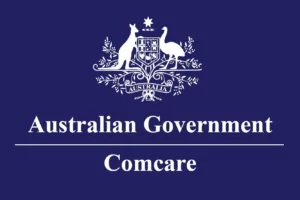 03 Apr 2022
03 Apr 2022
Comcare
Serving police in each state pay into individual state insurance, workers compensation, superannuation and income protection schemes. Assistance during times of injury, Illness, death, or career transition are available by contacting your appropriate state provider.
 03 Apr 2022
03 Apr 2022
Currumbin Clinic, Currmubin Qld
Inpatient, day and follow up trauma recovery programs for serving and former police specifically effected by work based trauma.
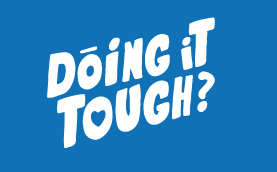 14 Jun 2022
14 Jun 2022
Doing it Tough
Doing it Tough? makes it easier for men to find what they are looking for – whether services,
resources and other support in their local community, or in extended networks, or via preferred
organisations. Individuals are able to search the platform via various filters that fit their needs
including cultural, location, age, and industry profiles.
 03 Mar 2023
03 Mar 2023
Dr Jane Cooper - Clinical Psychologist
With a PhD in Clinical Psychology, Dr Cooper has experience working with clients with a wide range of psychological disorders including depression, anxiety, substance abuse, and post-traumatic stress disorder. She also has experience treating individuals who are experiencing stress, either in their work or home lives - or both.
 20 Aug 2024
20 Aug 2024
Due South
Due South is a free wellness initiative for veterans and first responders, providing a unique space to recharge, reconnect, and focus on wellbeing in tranquil, natural settings in Tasmania.
 03 Apr 2022
03 Apr 2022
EML Police Blue Ribbon Insurance Scheme
Serving police in each state pay into individual state insurance, workers compensation, superannuation and income protection schemes. Assistance during times of injury, Illness, death, or career transition are available by contacting your appropriate state provider.
 20 Aug 2024
20 Aug 2024
Everymind
Everymind is a leading institute dedicated to the prevention of mental ill-health and suicide. Everymind runs several programs which may be helpful for serving and former police, and their families and friends including;
Minds Together is for partners, spouses, family members, friends and colleagues who support someone experiencing mental health concerns or suicidal distress in Australia. Our programs and resources will help you support your family member or friend and will also help you look after yourself so you can be there for them. Visit the Minds Together portal
 24 Jun 2025
24 Jun 2025
Fortem Australia
Fortem Australia provides independent mental health and wellbeing programs and services for police officers and other first responders across Australia. That includes psychology and counselling sessions which are free for eligible first responders and their families, social connection activities, career management services and a range of wellbeing resources aimed at boosting mental health literacy and promoting help-seeking.
 17 Nov 2021
17 Nov 2021
Frontline Yoga
Frontline Yoga is available in NSW/ACT, SA and Qld either via face to face or online classes and aims to provide former and serving police with trauma informed and culturally aware yoga classes. These sessions are suitable for beginners and above and may assist with maintaining resilience, strength and connection for anyone living with post traumatic stress, depression or anxiety.

 Exit
Exit

